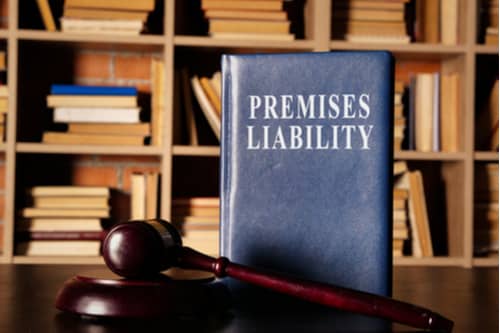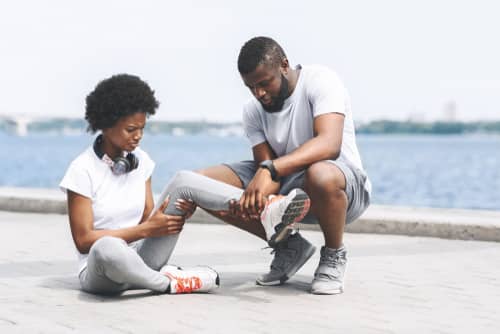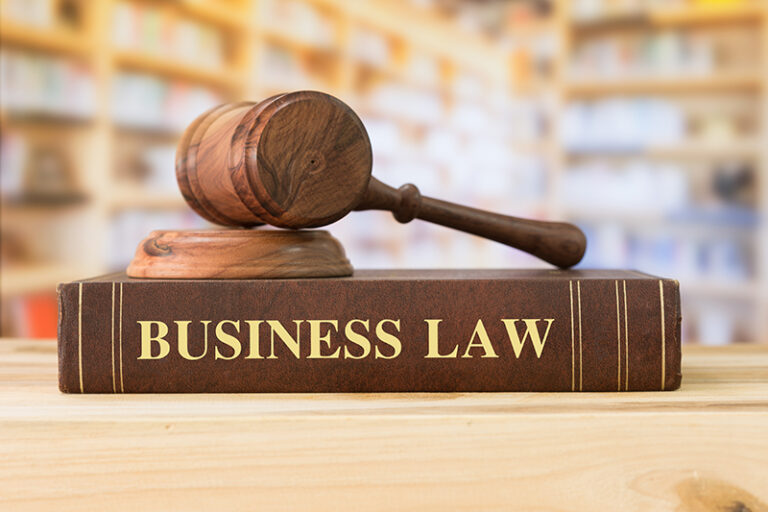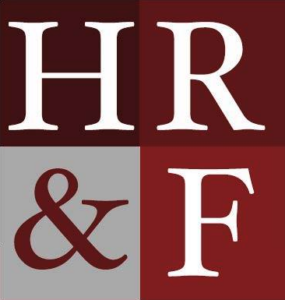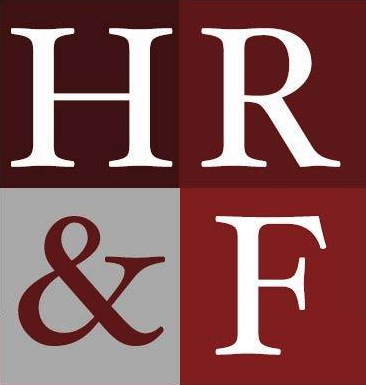- Premises Liability
Injuries can happen anywhere. For example, you can sustain wounds at someone else’s house or business premises. The owner of the property where the injury occurred may be responsible for your losses under premises liability law. But you will need the help of a Douglasville premises liability lawyer.
The reason the victim was on the premises and why the accident occurred are factors determining whether the victim will have the right to compensation. Premises liability law is complex. So, they must be handled with the highest level of care, showing appropriate evidence to convince the court and secure the maximum compensation for the victim.
This article will explain all you need to know about premises liability lawsuits from a Douglasville injury attorney. You will also learn about what goes into premises liability cases and what you need to do to get the compensation you deserve.
A Douglasville Injury Attorney Discusses the Basics of Premises Liability Law in Georgia
In Georgia, property owners or controllers have obligations to visitors and others on their property or business venues. This is a fundamental principle of premises liability law.
Property owners or controllers who fail to keep their property in a safe condition for use by others may be held accountable for consequential accidents and injuries. Several things can make a house or business premises unsafe for people and subsequently cause harm.
Some of them include the following:
- Building code violations
- Malfunctioning elevators
- Poor maintenance
- Slippery floors
- Unmarked danger zones
Generally, victims may hold a property owner or occupant responsible for creating harmful conditions. Liability may also result from recklessly failing to make repairs or alert people to hazards or dangers on the property. Even if a premises controller is fixing a dangerous condition, they must specifically mark them out until completion of work on the spot.
Who Are the Parties in a Premises Liability Case?
Premises liability cases, like other legal actions, have two parties. These are the defendant and the plaintiff. However, multiple individuals or corporations can fall under this broad classification.
Who Is the Defendant in a Premises Liability Claim?
An injured person can always sue the property owner, manager, or controller for their injuries. The party that’s sued is the defendant. So, such defendants can include:
- Landlords
- Homeowners
- Property managers
- Government organizations and agencies
- Commercial enterprises like shopping malls
Who Is the Plaintiff in a Premises Liability Case?
The plaintiff in a premises liability claim is always the injured party. This is the person who suffered a loss because of the property owner’s negligence. However, plaintiffs fall under different categories, and these classes determine the duty the property owner owes them.
So, below are the different types of plaintiffs in premises liability cases.
Licensees
Licensees are visitors who the property owner expressly or impliedly invited onto the premises. Usually, this invitation is for the premises controller’s commercial benefit. So, they’re owed the highest duty of care.
Invitees
Invitees come on the property through the owner’s permit but for the invitee’s personal purposes. Social gatherings such as parties and neighborly visits fall under this category. Property owners owe invitees a duty of care, but not as much as they owe licensees.
Trespassers
A trespasser is not authorized to be on the land explicitly or implicitly. So, the property owner doesn’t owe them any duty of care. However, the owner must refrain from intentionally, willfully, or wantonly harming trespassers.
The law protects child trespasses, though. This is because they cannot understand the legal implication of trespassing or easily identify dangers. So, the property owner has a duty not to leave attractive conditions that could hurt kids on their property. Typical examples of such attractive nuisances are swimming pools and airtight objects with working doors, such as spoilt fridges.
How Do I Determine the Liable Parties in a Premises Liability Case?
In a premises liability case, the parties liable are those responsible for maintaining the premises and keeping visitors away from harm. Depending on the type of premises and the circumstances of the injury, the following parties can be liable in a premises liability case:
- Homeowners
- Retailers
- Landlords
- Property managers
- Governmental organizations
Out of all the possible parties to a property liability case, the party most responsible is the one directly responsible for the premises where you got injured. This would be the homeowner or the renter if the injury occurred in a residence. If the injury occurred on business premises, this would be the facility’s owner or the business owner, if it’s a rental property.
How Can I Prove a Premises Liability Claim?
Any Douglasville injury attorney knows that there are two approaches to proving responsibility for a premises liability injury. The victim must first show that the owner was aware of the danger and disregarded it.
Where the victim proves this point satisfactorily, the premises owner or agents can be held accountable for the accident and losses. Secondly, the victim might be able to demonstrate that the owner was unaware of the risk but was reasonably expected to know about the hazard.
Essentially, they’re saying that if the owner had exercised due diligence, they would have discovered and probably fixed the danger. Even while it can be challenging to establish premises liability in court, it is not impossible with the assistance of an experienced personal injury lawyer.
Elements of a Premises Liability Claim
If you decide to pursue a premises liability claim, you will need to demonstrate the criteria listed below:
- You were an invitee or licensee.
- The property owner or occupier knew about or ought to have known about the defect in the premises.
- The premises owner or occupier had a duty of care toward you.
- That the premises owner breached this duty of care by not fixing the hazardous condition.
- The dangerous condition caused your accident and injuries.
Even though they had an obligation to you, there are some situations in which an owner or occupier will not be responsible for your harm. This includes cases of open and obvious hazards that everyone can see. As a result, the law presumes that you would be aware of the possible risk and avoid it as an adult.
An open and evident risk can be a brilliantly colored liquid that someone spilled at the grocery store. Given that the spill was obvious and you could walk around or avoid falling, it would be your responsibility to stay away from it. However, it is not an open and obvious flaw if a floor is made slick by a transparent, oily substance that is difficult to perceive.
Contact a Douglasville Injury Attorney to File Your Premises Liability Case
Premises liability cases can be very tricky. If not handled well, it may prove difficult to obtain full compensation for the damages incurred from your injury. Our Douglasville personal injury lawyers have the experience to ensure that you file a premises liability case to get the compensation you deserve. So, book a FREE consultation today with a professional Douglasville injury attorney.
